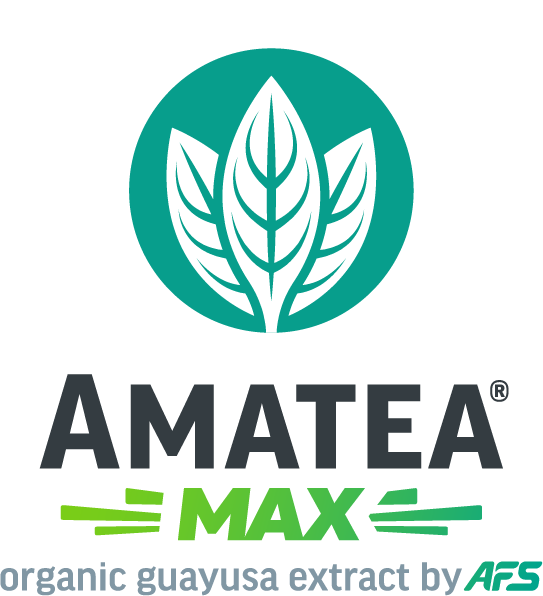
5 minutes to read

The average U.S. consumer will have around 220 mg of caffeine per day, which is about the amount in two cups of coffee.[i] Besides routine, the aim is to increase mental alertness and focus throughout the day. While caffeine has therapeutic benefits, it can also cause unwanted side effects i.e., the nervous, jittery feelings that make it hard to sit still and concentrate. A contradiction like this has conflicted consumers for years. But it has also inspired Texas-based Applied Food Sciences to conduct further research into new botanical ingredients. Recent findings suggest that caffeine from the Amazonian Ilex guayusa plant can produce a bright and focused energy experience while mitigating some of the undesired effects traditionally brought on by caffeine.
Consequences of Caffeine
Caffeine has its repercussions. Too much of it, and you might exhibit side effects such as headache, nervousness, irritability, fast heartbeat, and muscle tremors.[ii] For some people that are more sensitive to caffeine, just small amounts may prompt a jittery sensation. While the end goal may be alertness or improved cognitive function, our nervous system’s response to caffeine can make it difficult to sit still and focus.
To better understand the physiological effects of caffeine in the human body, we look to our adrenal medulla and a specific hormonal response to caffeine ingestion. As our body metabolizes caffeine, it begins to stimulate the release of epinephrine (better known as adrenaline), our “fight or flight” hormone.[iii] We typically think of our “fight or flight” response as an evolved survival mechanism, where sudden stress will induce a release of adrenaline, enabling people and other mammals to react quickly to life-threatening situations. Epinephrine triggers a cascade of physiological changes, including increased heart rate, rapid breathing, and muscle tension.[iv] However, like with caffeine’s side effects, the physiological responses to epinephrine are not very helpful in non-life-threatening circumstances like another cup of coffee while trying to study for a mid-term.
The Making of a Modern Energy Ingredient
The caffeine paradox inspired Applied Food Sciences (AFS) to conduct further research into a lesser-known botanical called guayusa (gwhy-you-sah), a holly species native to the Amazon with a unique blend of caffeine and polyphenol antioxidants. Studies for guayusa came on the heels of anecdotal experiences from the local Kichwa people native to Ecuador and most familiar with the plant. One story of “The Night Watchmen” is told where Amazonian hunters would drink guayusa before leading their parties at night. It is said that while guayusa sharpens their awareness, it also allows them to sit perfectly still without restlessness. Consumer trials observed similar experiences in feeling guayusa as “a calmer, more focused energy.” To explore this further, AFS patented its branded AmaTea® Max organic guayusa extract and began conducting further clinical research.
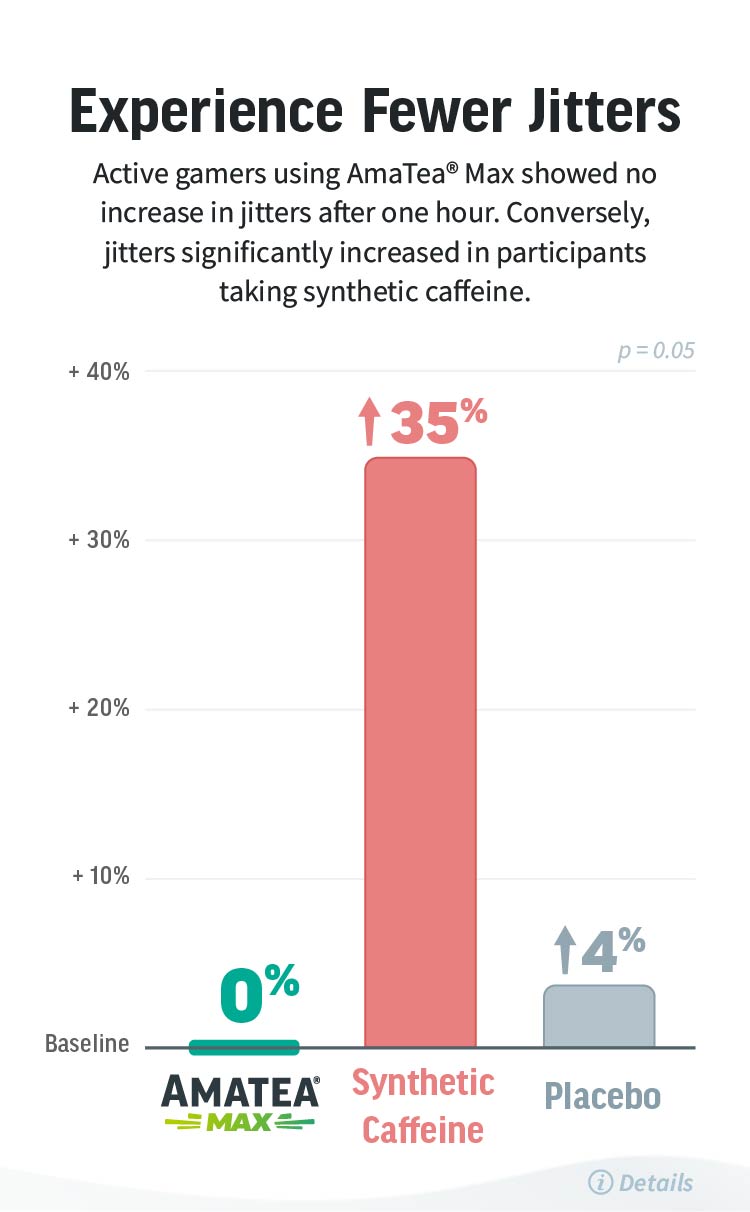

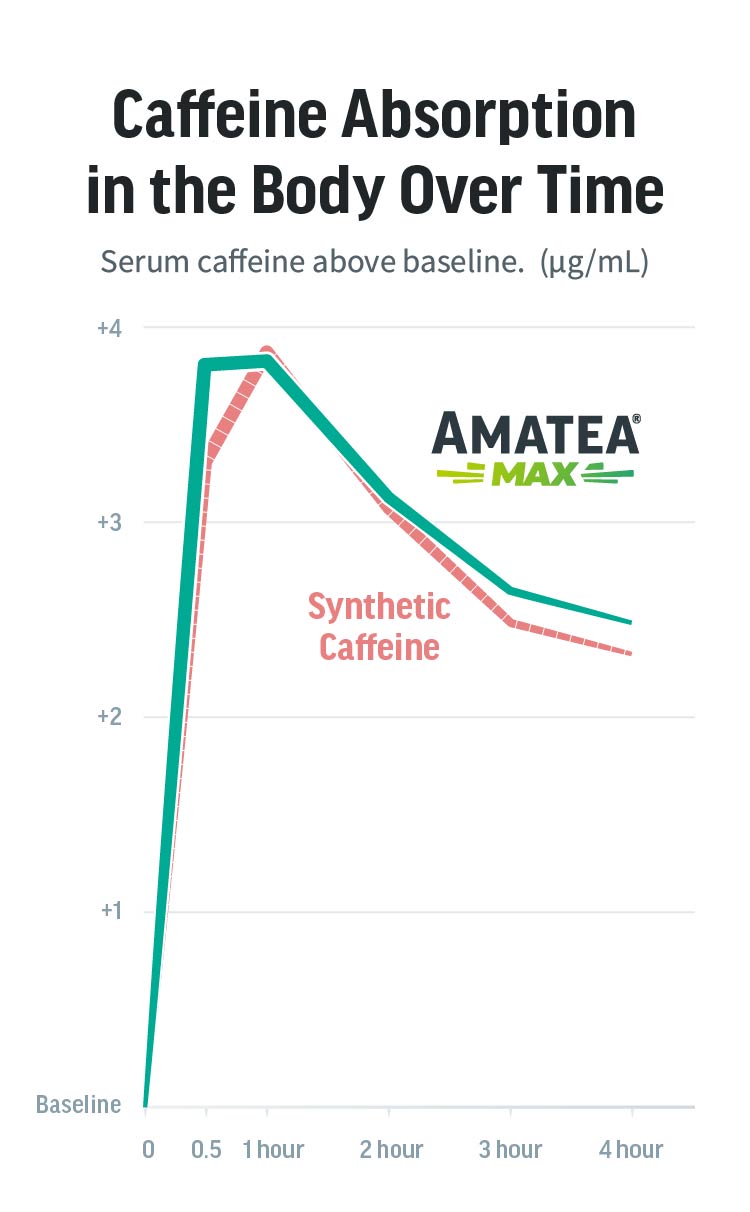
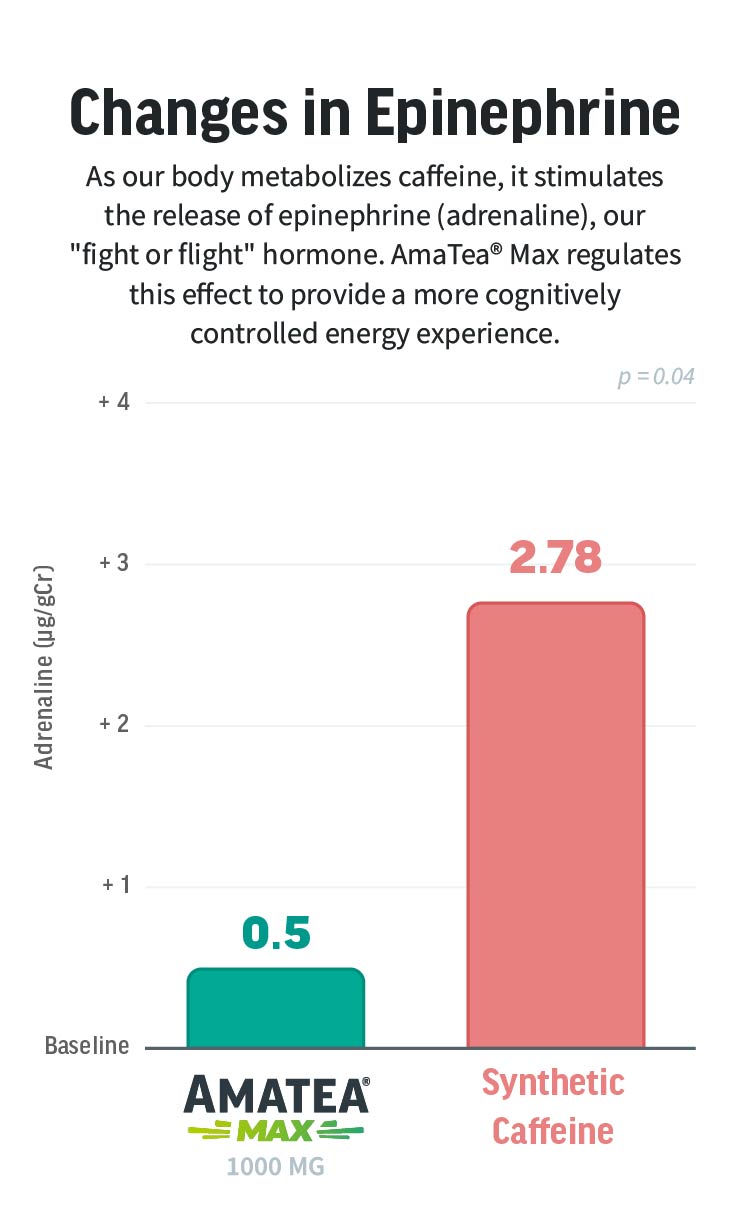
“The implications are significant in determining the therapeutic applications for this guayusa extract.” Jackson Zapp, VP of Innovation with AFS explains, “It is fascinating to see current clinical evidence that supports historical, anecdotal accounts of guayusa. We can start to identify how this ingredient may aid in our ability to stay focused and cognitively perform at greater levels. Even in sports nutrition, we see it supporting athletes that desire a more controlled performance while wasting less nervous energy. AmaTea® Max has real promise for many modern energy applications today.”
To further explore its benefits, AFS partnered with the University of Memphis College of Health Sciences to fund a study investigating the impact of functional ingredients on gaming performance. The current study aims to compare the effects of AmaTea® Max on various measures of cognitive performance, mood, motivation, and overall gaming achievement. The investigators hypothesize that both AmaTea® Max and caffeine will improve outcome measures more than placebo, with more considerable improvement noted for AmaTea® Max due to the particular antioxidant makeup.
Supporting the Next Wave of Energy Products
A new era of premium high-performance energy has taken over. Today’s products promise much more than the refined sugar and synthetic caffeine of old. Consumers want clean, natural ingredients that they can trust, but they also desire more from their product with greater functionality. Brands like Bang, CELSIUS, Reign, C4, GFuel, A-Shoc, Gamer Fuel, and others are ushering in the latest energy segment – showing growth that the category has not seen in decades. Bang alone soaring from $345 million in sales in the Spring of 2019 to over $1.1 billion in just one year.[v]
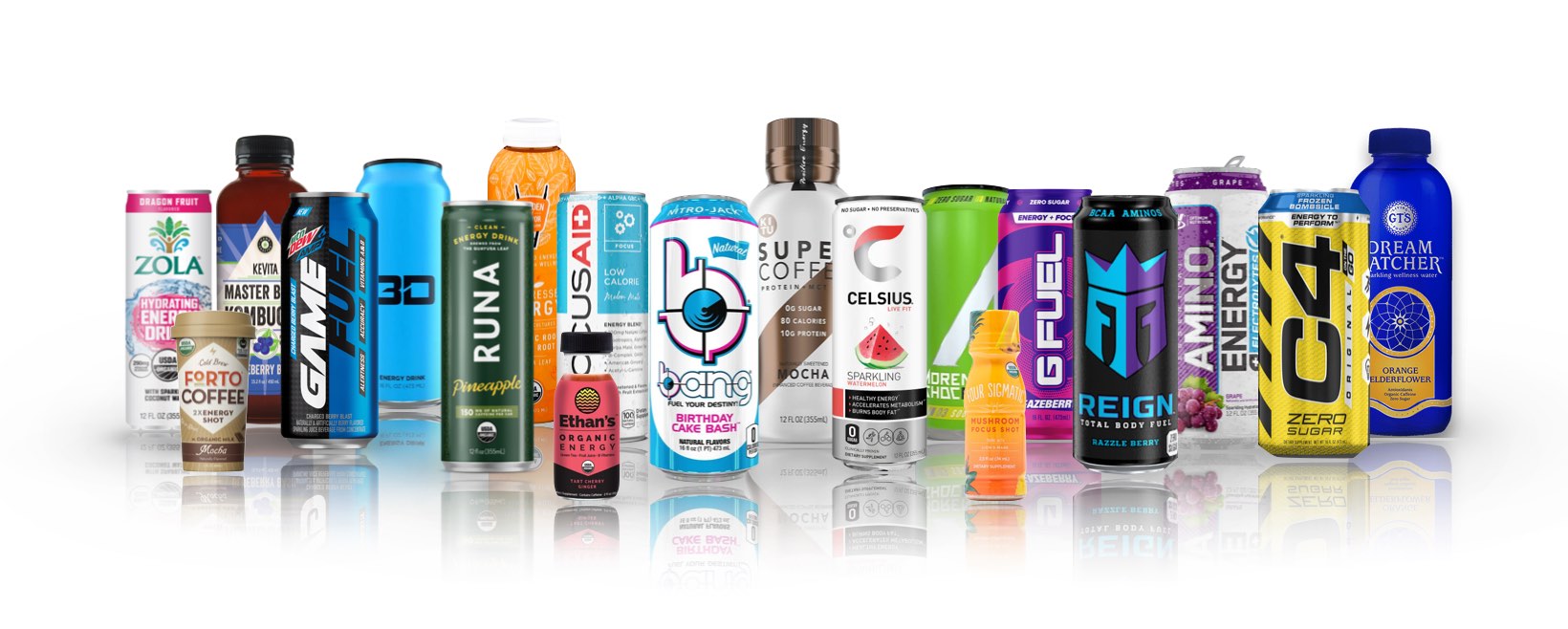
So, what makes these energy brands so successful? For starters, they offer an assortment of added functional benefits like focus, concentration, stamina, vitamins for eye health (screen time), adaptogens, stress relief, ATP, and amino acids. But it is worth noting they almost always have something to address jitters. A telling sign that the caffeine paradox is reaching the mainstream level of consumer awareness. Applied Food Sciences is one of many ingredient suppliers supporting the new wave of energy brands, and guayusa perfectly fits the bill.
“As a functional ingredient supplier, we have seen considerable interest in our natural and organic energy,” explains John Kathrein, National Sales Director at Applied Food Sciences. “Our organic caffeine solutions in PurCaf® (from organic green coffee) and PurTea® (from organic green tea) are great starting points because they contribute to the desirable clean label and premium energy appeal. AmaTea® Max organic guayusa extract, on the other hand, is a patented ingredient consisting of a unique blend of caffeine and polyphenol antioxidants. This premium ingredient provides a more nootropic, cognitive energy experience and is unlike any other caffeine.”
References:
[i] Fredholm, B. , Battig, K. , Holmen, J. , Nehlig, A. & Zvartau, E. Actions of Caffeine in the Brain with Special Reference to Factors That Contribute to Its Widespread Use. Pharmacol. Rev. 51, 83–133 (1999).
[ii] Mayo Clinic 2021. Caffeine: How much is too much? (https://www.mayoclinic.org/healthy-lifestyle/nutrition-and-healthy-eating/in-depth/caffeine/art-20045678)
[iii] Krieger DR, Kalman DS, Feldman S, et al. The Safety, Pharmacokinetics, and Nervous System Effects of Two Natural Sources of Caffeine in Healthy Adult Males. Clin Transl Sci. 2016;9(5):246-251. doi:10.1111/cts.12403
[iv] Harvard Health, July 2020. Understanding the stress response (https://www.health.harvard.edu/staying-healthy/understanding-the-stress-response)
[v] Avery, Brad. BevNet Magazine April 2020. Let’s Play the Rockstar-Bang Shuffle
Related
Supporting Hormonal Changes in Women’s Wellness
Hormonal balance isn’t just about production—it’s about elimination. Discover how CelluThrive™ supports the liver’s ability to metabolize excess estrogen, offering a science-backed solution for your next women’s wellness formulation.
Biohacking with Guayusa: Dave Asprey Features AmaTea® Max on The Human Upgrade™ Podcast
What happens when “The Father of Biohacking” and award-winning podcast host Dave Asprey is introduced to an Amazonian super leaf with nootropic benefits?
News Delivered to You
Be the first to know about our latest ingredient discoveries, scientific breakthroughs, and new product launches. Subscribe for exclusive content and stay at the forefront of the functional food, beverage, and supplement industry.

